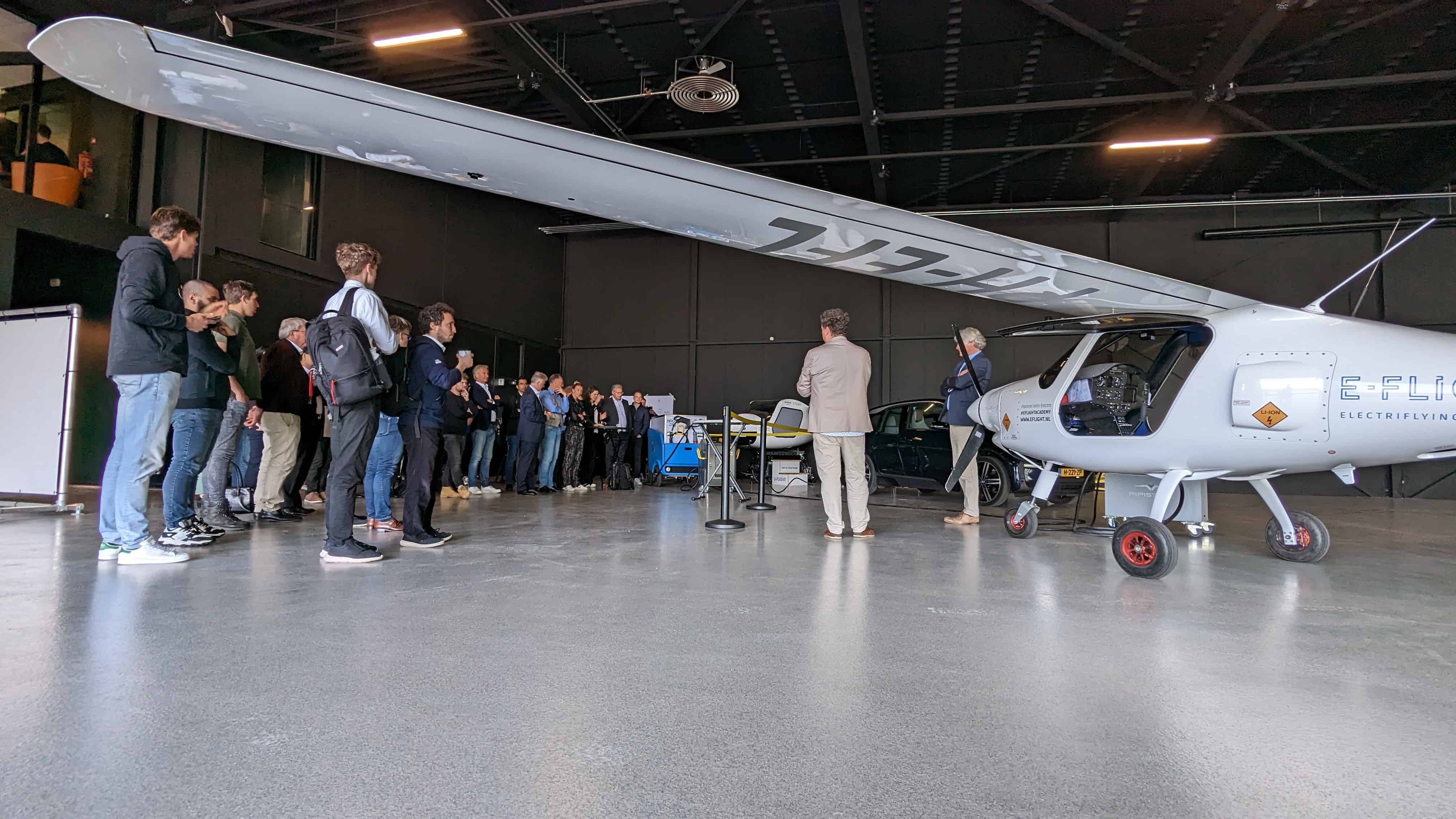
The Ukraine crisis is leading to outright energy poverty at this price rate. Saving money or switching to more environmentally friendly alternatives, such as electric cars or solar panels, is only possible for a segment of the population. The government does not want to leave people out in the cold, which makes banning oil and gas from Russia impossible at the moment.
By tinkering with prices now by lowering excise duties and VAT, as is happening in the Netherlands, we are missing out on an opportunity to actually do something about our dependence on gas and oil. Just as at the beginning of the corona crisis, politicians need to show leadership and explain that society is at a dramatic crossroads. That we no longer want to be dependent on a dictator who invades a neighboring country for no reason and bombs innocent civilians. And that Europe should therefore stop funding his war (660 million euros – per day!) by buying his fuel.
By taking relatively simple measures, we can reduce our dependency within a few years, the Dutch Association for Sustainable Energy calculated last week. And our own Auke Hoekstra also suggests a number of (less popular) short-term measures by which we can accelerate the process.
So, plough the billions that we are currently spending on this tax measure into speeding up the process of making hundreds of thousands of social housing homes energy-neutral and directly compensating the poorest of the poor. And for the rest, rely on the inventiveness of citizens and businesses, who have proven during the corona crisis that they are capable of doing just that. By removing that incentive now, we risk missing out on making significant strides in the energy transition. Plus, we will continue to fund Putin’s war.
Check here for the Innovation Origins weekly review. And subscribe to receive next week’s newsletter in your mail for free.







